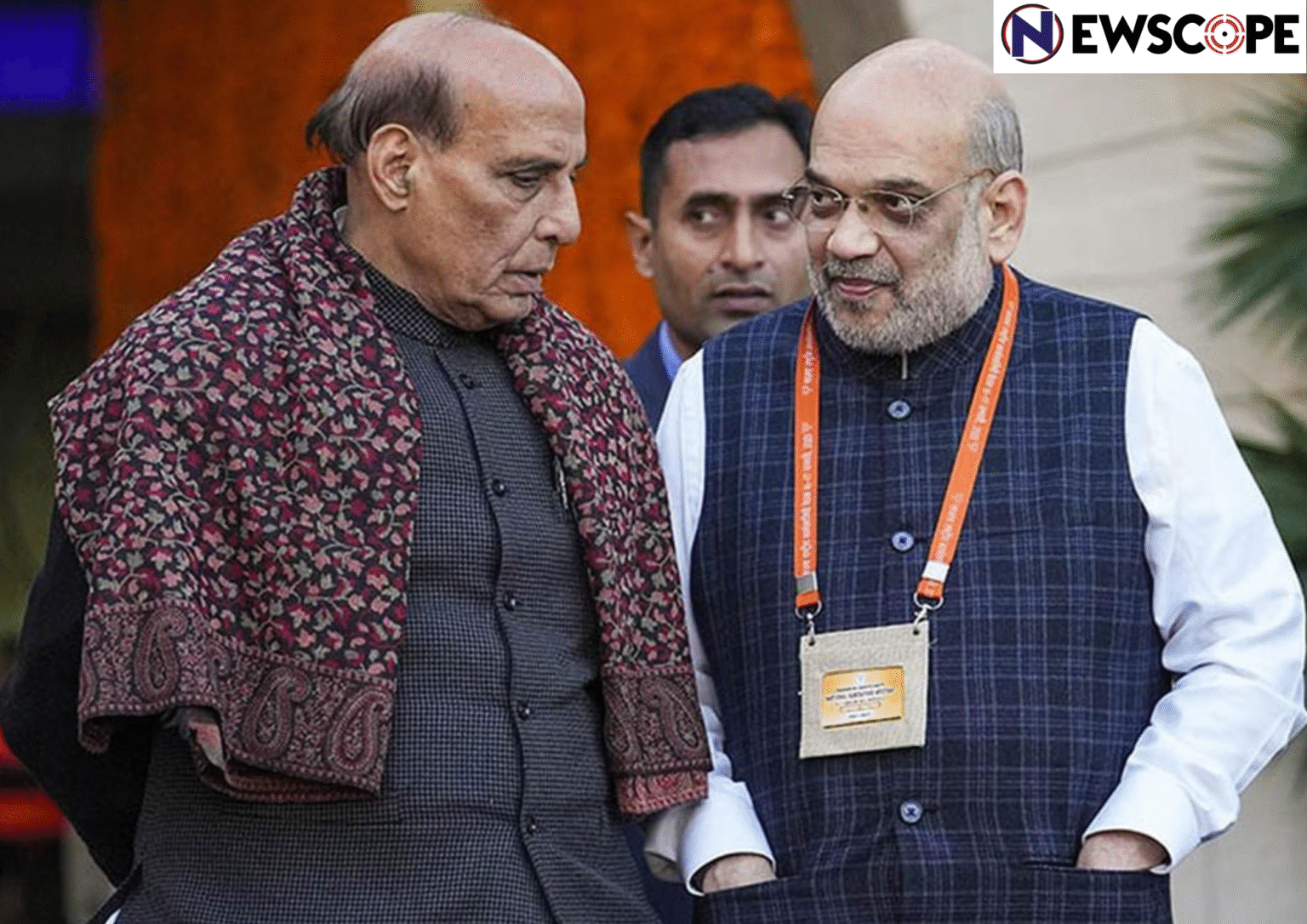In a strong effort to speed up next-generation reforms, the Centre has formed two high-powered informal groups of ministers (iGoMs), led by Home Minister Amit Shah and Defence Minister Rajnath Singh. Their goal is to guide significant changes in India’s economic and social governance frameworks.
This initiative follows Prime Minister Narendra Modi’s Independence Day speech, where he called for “structural reforms with measurable outcomes” to help India become a developed nation by 2047.
Shah’s 13-member panel, which includes Finance Minister Nirmala Sitharaman and Commerce Minister Piyush Goyal, will focus on economic, technology, finance, and governance reforms. Railways and IT Minister Ashwini Vaishnaw will serve as the convener.
At the same time, Singh’s 18-member group, with Labour and Sports Minister Mansukh Mandaviya as the convener, will tackle essential social sector reforms. These reforms will cover healthcare, education, skills training, housing, labor, defense, and public health. Union Ministers Nitin Gadkari and Shivraj Singh Chouhan are among its notable members.
Both panels have been assigned to prepare monthly progress reports and provide a combined reform plan within three months.
Unlike typical advisory committees, these groups are expected to produce real results. They aim to reduce compliance burdens, create jobs, eliminate outdated obstacles, and suggest legal and policy changes across central, state, and local levels.
Officials noted that their responsibilities also include recommending new laws for emerging sectors like digital health, fintech, and the gig economy. The Department of Economic Affairs will provide secretarial support.
“These panels focus on delivering practical reforms that can be tracked and measured,” a senior government official told The Indian Express.
“The aim is to bring India’s governance and economic systems in line with global standards while making life easier for citizens and businesses.”
Amit Shah’s increasing role in making key economic decisions, from building consensus on GST to managing disinvestment and inflation, is viewed as strengthening support for this initiative.
Rajnath Singh’s leadership in social sector reforms highlights the government’s focus on coordinated, cross-ministerial changes.
The establishment of these panels shows a clear urgency to replace scattered policy approaches with integrated, results-focused reforms. As one official pointed out, “The horizon is 2047, but the urgency is now.”



